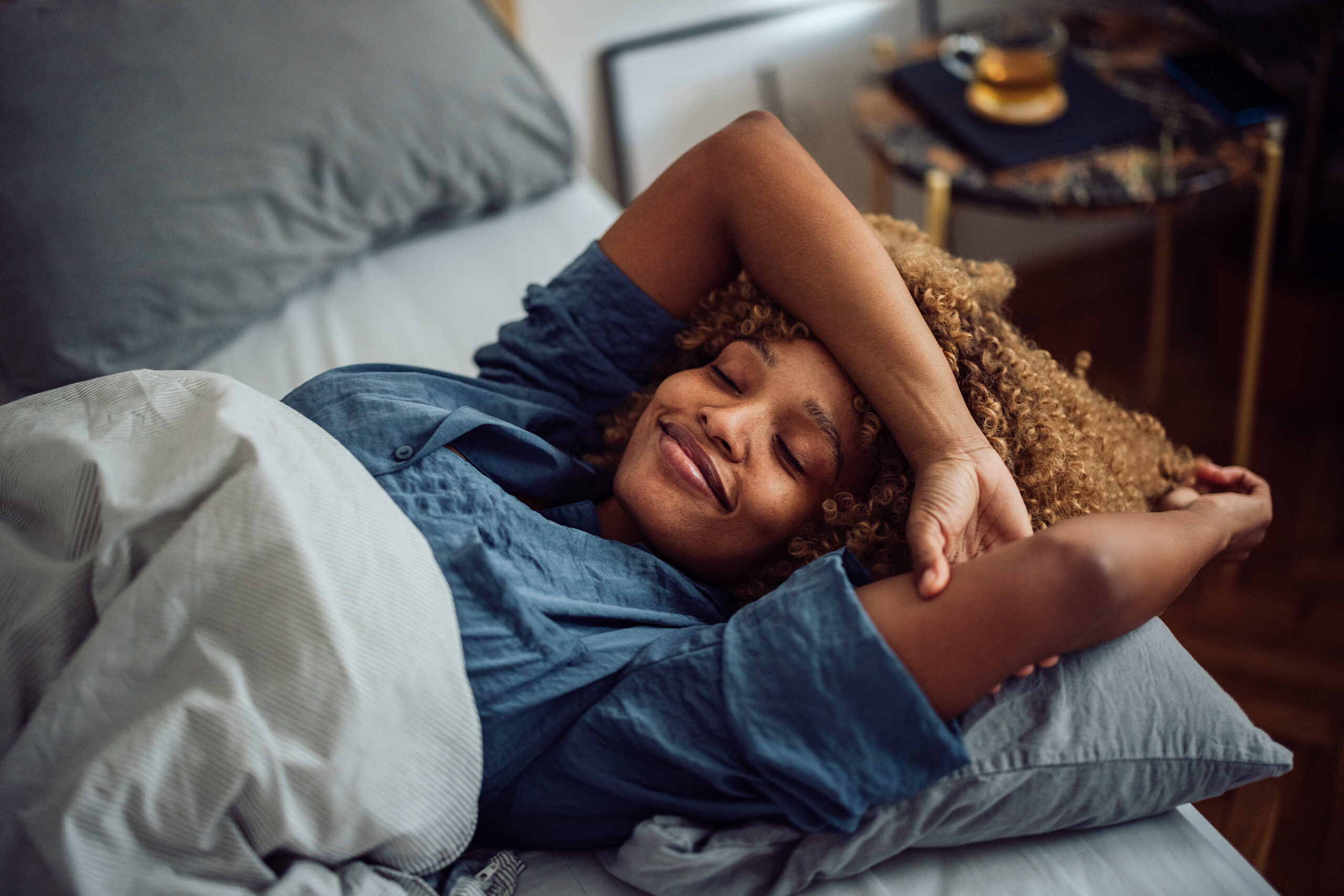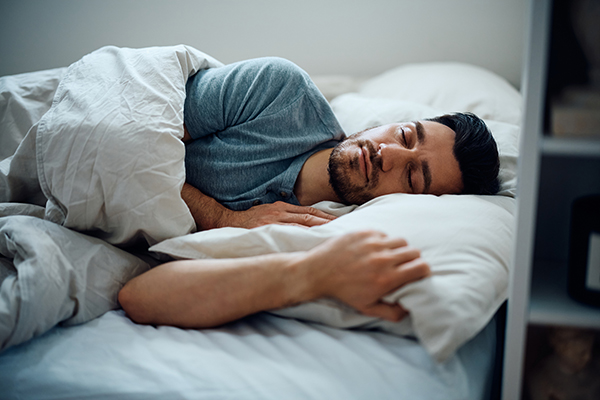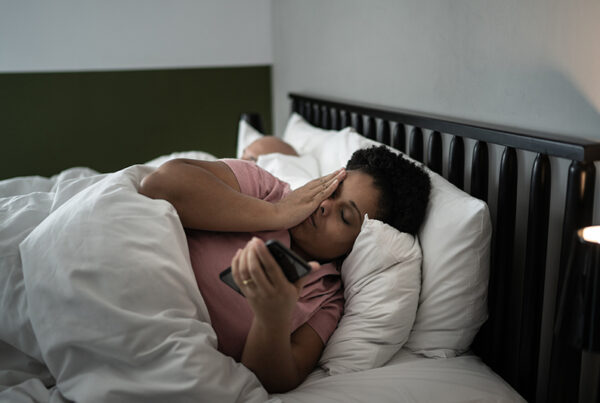Another night of tossing and turning. The alarm blares. You drag yourself out of bed, feeling more exhausted than when you went to sleep. Your mind feels foggy. Your body feels slow. And the simplest tasks seem overwhelming. What if your struggle with sleep is more than just an inconvenience? What if it’s adding to some of your broader health challenges?
Sleep is not just passive rest. A good night’s sleep allows active healing and restoration. During our hours of rest, our brain consolidates memories. Our immune system is strengthened. And our body repairs damaged tissue. If we are not able to get the sleep we need, our body and brain see the impact. We are not able to do the healing and restoration needed to keep us mentally and physically well.
Now, one night of poor sleep is not going to disrupt your entire well-being. However, research shows that a chronic lack of sleep is linked to serious health conditions. This includes depression, anxiety, heart disease, and weakened immune function. So how can you improve your sleep to feel well-rested and keep your mind and body healthy? The research-backed single most impactful solution for Insomnia is CBT-i (cognitive behavioral therapy for insomnia). CBT-i has proven to be even more effective than sleep medications. Almost anyone who struggles with sleep can benefit from the tools that CBT-i offers, even those who do not suffer from clinical insomnia.
Quick Tips for Restorative Sleep
Check for Medical Conditions. It’s crucial to consult with a medical professional to rule out underlying medical conditions before you apply CBT-i strategies. This can help identify potential issues like sleep apnea or narcolepsy that might be disrupting your sleep. Ruling out medical conditions helps to know when CBT-i is a good next step.
Wake up well. We all have a biological clock that regulates our sleep-wake cycle. Creating a regular wake up time signals your body that it’s time to start the day. Try to get active right away. And expose your eyes to bright daylight. Both are important in resetting your bio clock.
Create a sleep-welcoming environment. You can tailor your bedroom to improve sleep conditions. This means creating complete darkness by blocking out all light sources. You will also want to remove or turn around clocks to prevent anxiety-inducing time-watching. And maintaining a cool room temperature helps too.
Follow a few lifestyle guidelines. Lifestyle choices throughout the day can impact your nighttime sleep quality. Try to finish any exercise at least 1 hour before bedtime. Avoid caffeine at least 6 hours prior to sleep. And limit alcohol intake to 3 hours before bedtime.
By understanding sleep’s impact on health and applying proven strategies, you can begin to reclaim not just your nights but your overall health and well-being too.




